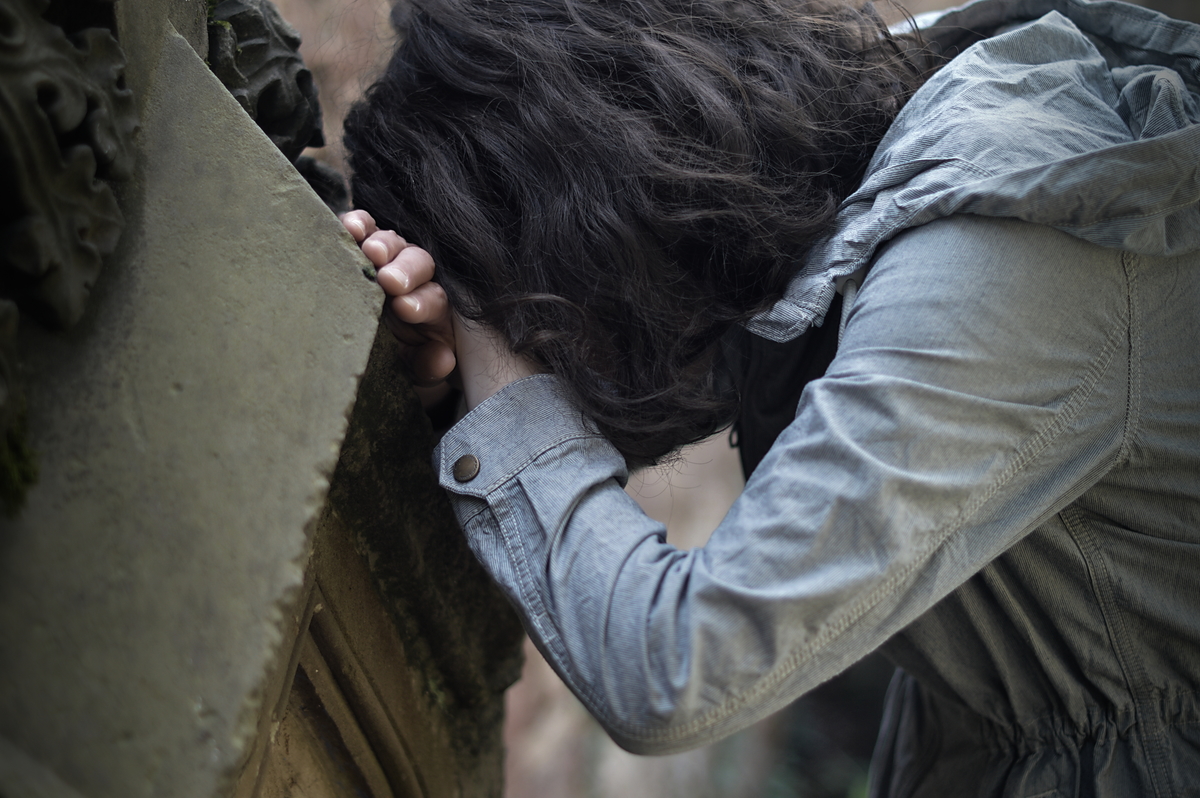The phrase “diagnosed with disconnection” comes from a compelling story in Johann Hari’s book Lost Connections. He tells the story of a psychiatrist, Dr. Derek Summerfield, who traveled to Cambodia to learn about the mental health of the Cambodians. The Cambodians realized there were people who struggled with deep sadness and pointed to this one man who had his leg blown off by a land mine and worked in such pain because his artificial limb did not fit correctly. But his story did not end there. His community had rallied around him, listened to him, and believed he could be a great dairy farmer. So they bought him a cow. He had been disconnected from meaningful work and from others, and the community cared, listened, and responded.
Hari found the story fascinating – that community helped the man’s mental health. He discussed the story with a psychologist, Dr. Lucy Johnstone. Dr. Johnstone wondered aloud how different life would be if people were “diagnosed with disconnection.” Clearly if people were diagnosed with disconnection then community would be offered as a solution.
Studies about our culture reveal that we should be diagnosed with disconnection. For example, research on the impact of our constant online connectedness indicates that we are more disconnected from deep relationships and thus more anxious and less happy (see Jean Twenge’s book iGen). And sociological studies on American life have shown that the American dream of independence and self-reliance can lead to “glorious but terrifying isolation” (see the book Habits of the Heart).
The fascinating story made me very thankful for Christian community and deeply thankful for the group pastors and group leaders that work hard to help people find and enjoy Christian community. Christian Community is good for our mental health, not just our spiritual health. We must continue to help people in our church do more than face forward and listen to a sermon. We must do all we can to help them find community. We must help them feel the weight of a disconnection diagnosis so they will view community as a gift. Community is a gift from our great and gracious God.
The Christian worldview actually diagnoses us with disconnection from God and from community. The Christian faith articulates that pride and selfishness have alienated us from God and from others. Obviously, this doctrine is deeply offensive, but it helps us understand ourselves and our world. Why else would we run from that which is good for us? Blaise Pascal, the famous philosopher, said this about this truth: “Certainly nothing offends us more rudely than this doctrine (of our fallenness), yet without this mystery, the most incomprehensible of all, we are incomprehensible to ourselves.” The Christian message also offers an incredible solution and unparalleled hope for our disconnection. Christ makes us one with Himself and one with each other. His death tore down the dividing wall that ruins community and He has placed us in the same Kingdom and same family with others who have also received His grace (Ephesians 2).
Let us appreciate and enjoy God’s great gift of community!






